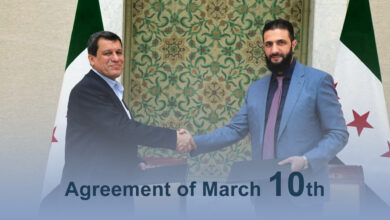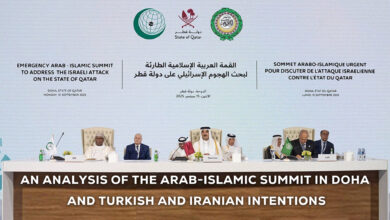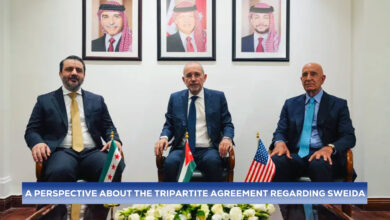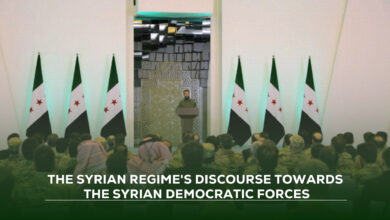“Malazgirt” in Erdogan’s Speech: History as a Political Tool and Encoded Messages to the Kurds
Dr. Morshed al-Youssef
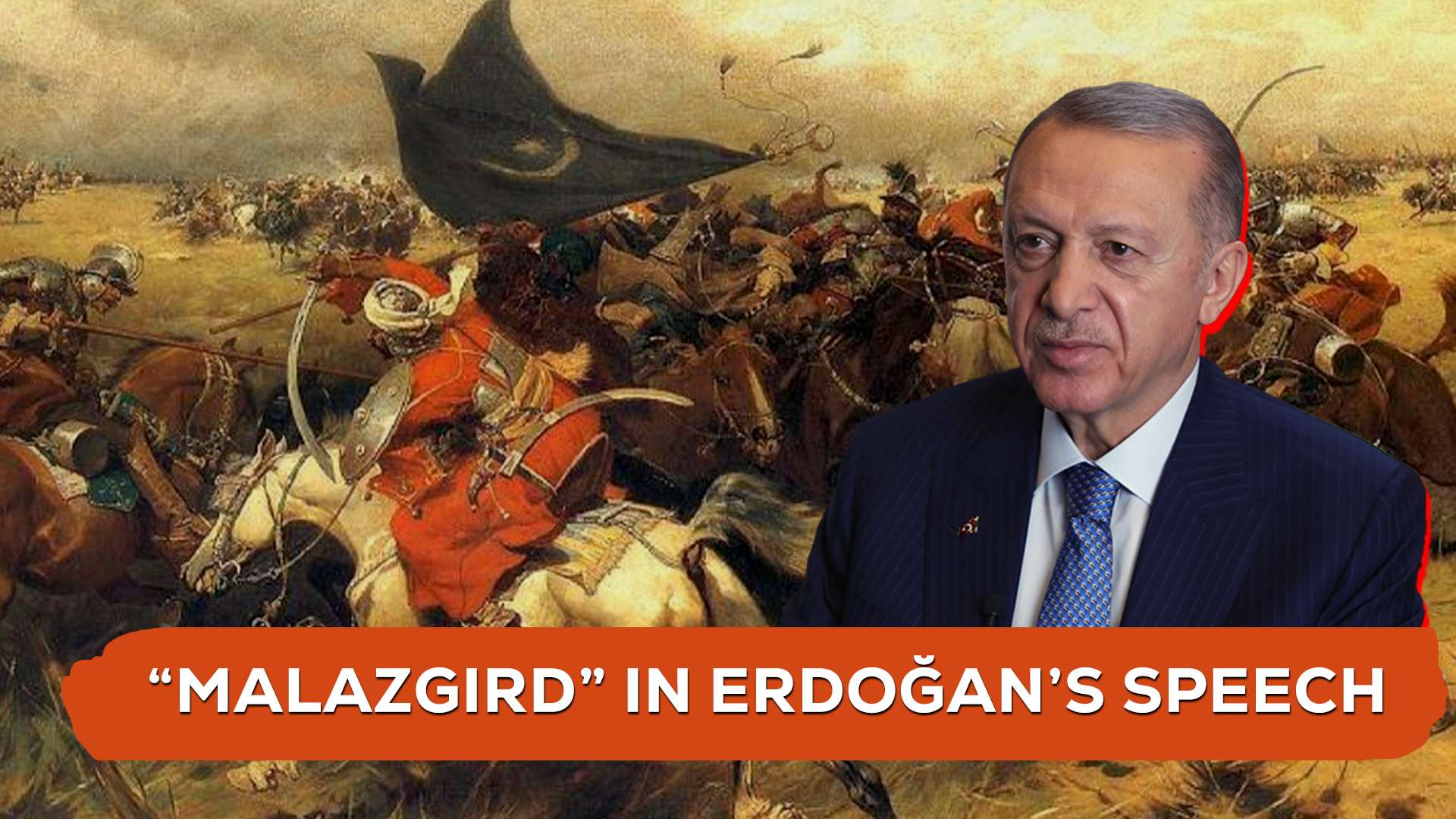
On August 25, Turkey commemorated the 954th anniversary of the Battle of Malazgirt, the pivotal 1071 clash between the Seljuk Turks, led by Sultan Alp Arslan, and the Byzantine Empire. The battle resulted in a decisive Seljuk victory, opening the door for Turkish expansion into Anatolia and reshaping the region’s political and demographic landscape.
In contemporary Turkey, particularly under President Recep Tayyip Erdogan, history is no longer invoked merely for remembrance or celebration; it has become a carefully crafted political instrument, used to reshape nationalist discourse and reinforce domestic and foreign policy positions.
This year, Erdogan’s speech on the occasion was notable for its encoded political messages, especially directed at the Kurds in Rojava and northern and eastern Syria. He indirectly characterized them as establishing ties with “new friends,” a phrase widely interpreted as a reference to Israel, Western powers, and the United States.
The Battle of Malazgirt has become a cornerstone of Turkish nationalist narrative—not solely because it facilitated Turkish control of Anatolia, but because it symbolized a historic alliance between Turks and Kurds against the Byzantine enemy. Each evocation of this memory is intentional, serving to reinforce the idea that Turks and Kurds are partners in a shared historical and geographic project; any Kurdish attempt at separation or alliance with external powers is framed as a betrayal of this historic covenant.
While Erdogan’s use of history is not new, the timing of this year’s speech is striking. Amid escalating tensions along the Syrian-Turkish border and continued U.S. support for the Syrian Democratic Forces, the speech reflects Ankara’s growing concern over the Kurdish project in Rojava and its transformation into a decentralized entity. The term “new friends” carried significant implications. Although Erdogan did not explicitly mention Israel or the United States, the phrasing left the door open for interpretation.
The expression was widely read as a direct warning to the Kurds against entering regional alliances that could shift the balance of power along Turkey’s southern border. Erdogan’s message appeared to be: “You stood with us at Malazgirt; do not betray this history.” In doing so, he redefines Turkish national identity—not simply as Turkish, but as part of a broad Seljuk-Ottoman alliance including Kurds, conditional on their adherence to the Turkish nationalist project.
At its core, this discourse is not about reopening historical debates, but about legitimizing contemporary Turkish policies in Syria and Iraq, including military operations, the creation of safe zones, and the containment of Kurdish aspirations for autonomy.
By invoking the victory at Malazgirt, Erdogan positions Turkey as a successor to a historical legacy of conquest and justifies preventive measures against any actors attempting to redraw the geopolitical map—this time from within Rojava or with international backing.
The speech also carries domestic significance, mobilizing the nationalist-Islamist base and reminding them that Erdogan is not merely the leader of a modern state but a successor to the legacy of the Seljuks and Ottomans. At a politically sensitive moment—amid economic pressures and domestic criticism—historical rhetoric serves as a safe platform to rally support and divert attention from everyday challenges.
Externally, the message to Washington and Tel Aviv is clear: Turkey will not remain passive in the face of internationally supported Kurdish projects, particularly if they are perceived as threats to its borders or territorial integrity.
In Erdogan’s discourse, history does not die; it is actively employed. Malazgirt, in this context, is not an 11th-century memory but an ideological platform for shaping the present and future. In a world where national identities intersect with regional alliances, history becomes a tool for drawing red lines and legitimizing new political frameworks.
The paradox remains: what was once a Seljuk-Kurdish alliance could today become a potential arena of conflict if the messages are misinterpreted or political intentions are obscured by rhetorical framing. Ultimately, history is not written by those who lived it, but by those who know how to wield it.
